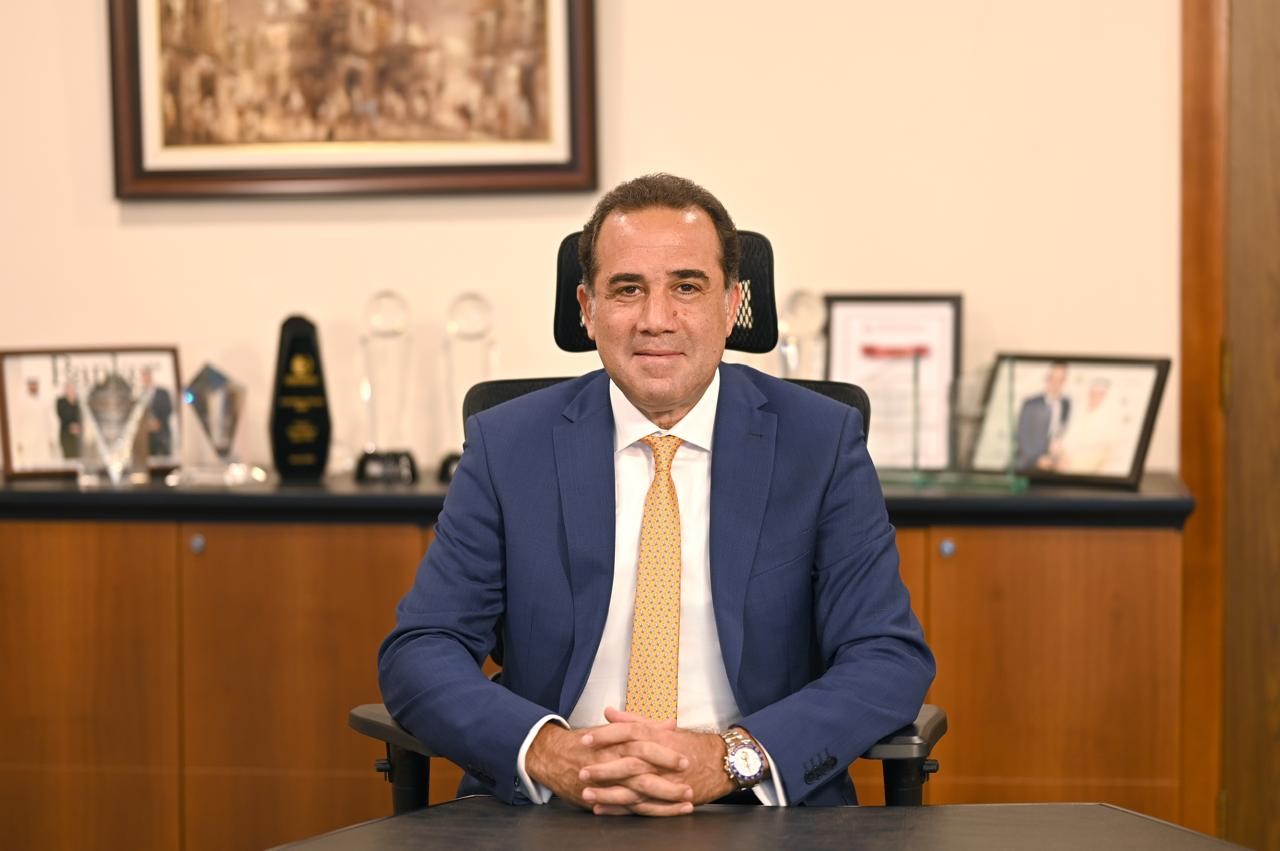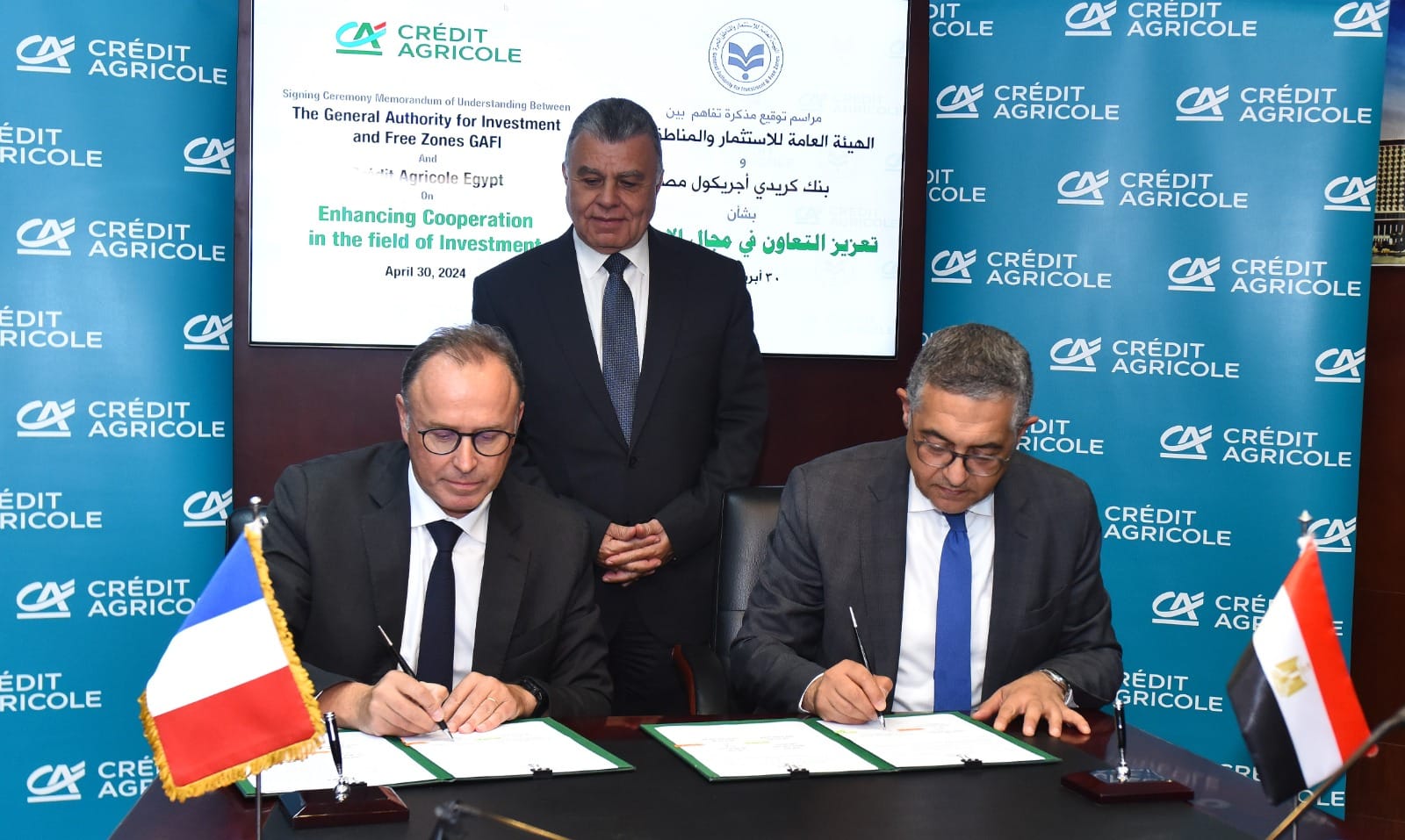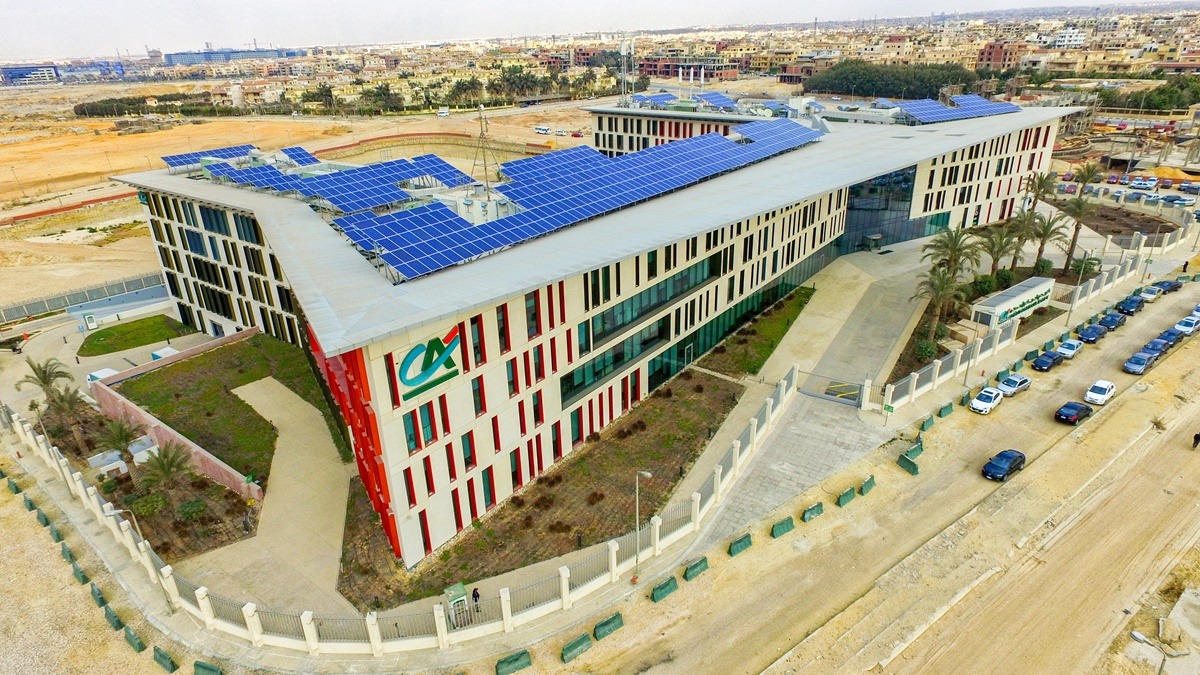Crédit Agricole Egypt Releases its 3rd Integrated Sustainability Report
Font size
Crédit Agricole Egypt (CAE) has released its third integrated sustainability report for 2023 recently, highlighting its commitment to sustainability, innovation and responsible business practices.
Themed “Embracing an Elevated Journey,” the report details CAE’s steady progress toward its Environmental, Social, and Governance (ESG) goals. It also assesses the potential long-term risks and impacts the bank may face in the present and the future, emphasizing its far-reaching vision and proactive approach to mitigate the impact of the ever-changing market dynamics and economic and climate changes.
The report aims at sharing an in-depth view of the bank performance, strategic initiatives, financial results, environmental and societal contributions. Additionally, it outlines remarkable advancements across six key forms of capital essential to sustainability and responsible business practices: financial, manufactured, intellectual, human, social and relationship, and natural. The report comes in alignment with the Integrated Reporting Framework (IR), GRI standards, and the United Nations Sustainable Development Goals (UN-SDGs), demonstrating CAE’s commitment to adhering to best practices and regulatory compliance in all its operations.
As the first bank in Egypt to embrace integrated reporting, CAE not only reinforces its commitment to sustainable development, but also enhances transparency in its growth trajectory.
Jean-Pierre Trinelle, Managing Director of Crédit Agricole Egypt (CAE), emphasized the Bank’s commitment to sustainability, stating: “Sustainability is an integral component of our overall business strategy. We are committed to advancing our ESG initiatives to effectively serve the society.” He added, “Our goal is to reduce our own carbon footprint and support our customers in their energy transition, which is a key priority of CA Group’ societal project. This report serves as a testament to CAE’s vision for a sustainable future and growth for all.”
The report reveals advancements in CAE’s strategic sustainability approach, including workforce empowerment and the elevation of social and environmental impacts. It also highlights initiatives aimed at minimizing the bank’s carbon footprint, including shifting towards renewable energy resources, optimizing resources usage, and reducing consumption of water, energy and plastic.
To integrate sustainability criteria in decision-making processes, CAE has implemented an “ESG Questionnaire” tool, ensuring that environmental and social considerations are integral to corporate lending activities. In addition, the bank has embarked on a digital transformation journey, developing innovative solutions such as omnichannel eBanking platform, which offers a seamless, consistent and integrated customer experience across multiple channels, and by joining InstaPay, the Instant Payment Network (IPN), which promotes financial inclusion by making payments more accessible.
Worth mentioning that CAE efforts to promote financial inclusion and diversity has marked notable progress in equipping 20 branches with the needed support for persons with disabilities (PWD) in 2023, reinforcing its aspiration to be the “Bank of choice” for all customers and ensuring equal access to banking services.
Through its Foundation, the Bank has supported development projects across key sectors, including education, health, social entrepreneurship, and community development.
These strategic priorities reflect CAE’s commitment to fostering a sustainable environment while enhancing accessibility and innovation in banking services.












